Finance
CEOs Invest Less in Corporate Social Responsibility When Their Own Money Is At Stake
A study co-authored by Yale SOM’s Kelly Shue finds that when CEOs have a larger financial stake in their companies, or when they face stronger shareholder oversight, they cut back spending on corporate social responsibility efforts.

Can AI Make Economic Predictions by Reading the Newspaper?
In a new study, a team led by Yale SOM researchers devised a way to distill the text of the Wall Street Journal into numerical indicators, which could help policymakers predict how the business cycle will unfold over the coming months and years.
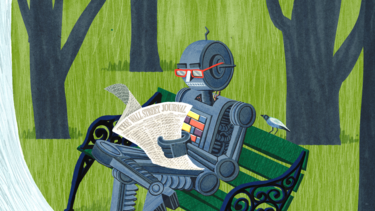
Will the Fed Keep Raising Rates?
We asked Prof. William English, a former Fed official, to interpret the announcements at the Federal Open Market Committee’s monthly meeting last week.
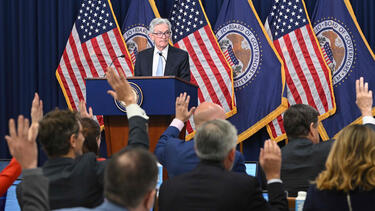
A Yale Economist Read 50 Personal Finance Books. He’s Got Some Notes.
Personal finance gurus frequently depart from conventional economic wisdom, Yale SOM’s James Choi discovered, but their advice isn’t all bad.
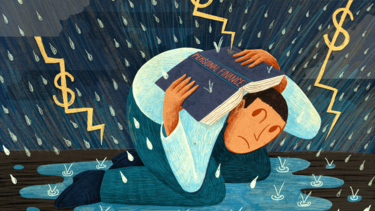
Short-Term Earnings Goals Drive More Pollution, Especially for Green Companies
Yale SOM’s Frank Zhang and Jacob Thomas found that firms might increase their pollution when they’re struggling to meet earnings targets—and that firms with a history of environmental responsibility are most likely to engage in this pattern.
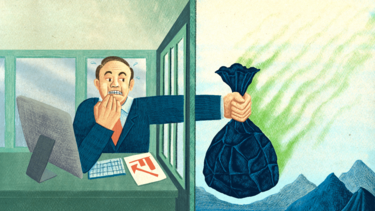
Stablecoins Survived ‘Crypto Winter,’ But That Doesn’t Make Them Safe
Cryptocurrencies such as Tether, which is pegged to the dollar, have held on as others crashed. But according to new research by Yale SOM’s Gary Gorton, these “stablecoins” still pose major risks to the global financial system.
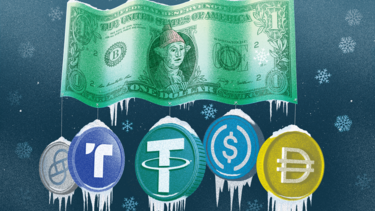
Inside the CDO Market That Catalyzed the Financial Crisis
“Inside the CDO Machine,” a special project from the Yale Program on Financial Stability, explores the first-hand perspectives of market participants.

Government Can Be the Solution
For investment banker Carol Samuels ’86, a key value is helping government make a difference in people’s lives, by applying financial tools and long-term thinking.

Private Equity Investors Helped Stabilize Failed Banks During the Financial Crisis
A new study co-authored by Prof. Song Ma finds that during the financial crisis, private equity firms took on banks in poor health that other buyers didn’t want, and those banks performed relatively well under their new management.
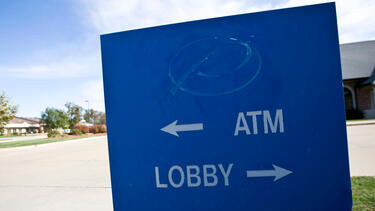
Requiring Short Seller Disclosure Could Distort Markets
A study by Yale SOM's Frank Zhang suggests that requiring disclosures of short positions would lead some investors to make decisions based on others’ short positions, rather than information about a firm; this “herding” could drive stock prices away from their true value.

Can Mergers and Acquisitions Reduce Employee Misconduct?
New research co-authored by Prof. Heather Tookes looks at whether employee misconduct in the highly regulated investment advisory industry goes down after a merger, potentially making the combined company more valuable.
